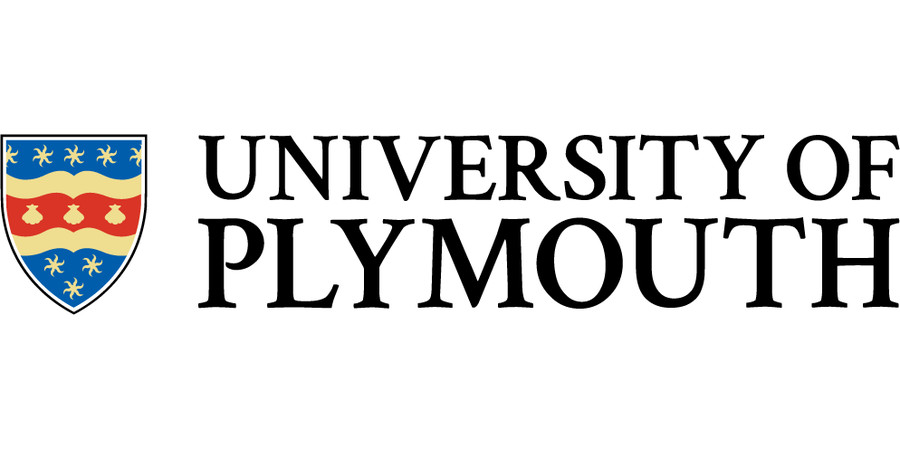PhD Biological Sciences - “Sitting Ducks, What’s the Flux? The Impact of Seabird Nest Abundance and Spatial Distribution on Ecosystem Processes”
University of Plymouth
| Qualification Type: | PhD |
|---|---|
| Location: | Plymouth |
| Funding for: | UK Students, EU Students, International Students |
| Funding amount: | £20,780 per annum 2025-26 rate (2026-27 UKRI rate TBC) |
| Hours: | Full Time |
| Placed On: | 13th November 2025 |
|---|---|
| Closes: | 7th January 2026 |
DoS: Dr Katherine Herborn
2nd Supervisor: Dr James Buckley
3rd Supervisor: Dr Mick Hanley
4th Supervisor: Dr Jón Einar Jónsson, Snæfellsnes Research Centre, University of Iceland
5th Supervisor: Dr Scott Davidson, The Université du Québec à Montréal (UQAM)
Applications are invited for a 3.5 years PhD studentship, starting 01 October 2026
Project Description
Breeding birds act as ecosystem engineers, concentrating activity and nutrient deposition around nests in ways that alter microclimate and plant communities. Processes such as ‘landscapes of fear’ affect where birds nest. This could introduce predictable spatial structuring in bird impacts that scale up to shape ecosystem function. However, multiple climate factors are changing seabird distributions, and humans can further modify where and how densely birds nest through habitat and population management (e.g., wild release, predator control, disturbance), potentially affecting these bird-ecosystem relationships.
Alongside the long-term monitoring of ground-nesting seabird populations at the Snæfellsnes Research Centre (Breiðafjörður, Iceland), this project will:
Objective 1: Quantify the “nest footprint” by establishing relationships with soil microclimate, plant community, and carbon flux, and by mapping how these effects decay with distance from the nest.
Objective 2: Test whether nest footprint varies systematically with position in a ‘landscape of fear’.
Objective 3: Develop spatially explicit models to predict how nest footprints combine to generate landscape-level variation in microclimate, carbon flux, and plant biodiversity under different stressors or population management.
Together, this project determines the mechanistic basis of bird-ecosystem interactions and explores landscape-level impacts of shifts in this relationship. This will support development of a predictive tool for bird conservation, population and habitat management, and climate research.
Research Methodology
In year one, field transects and thermal and multispectral drone surveys before, during and after nesting will map 1) nest sites of Common Eider (Somateria mollissima) and gulls (Larus sp.), 2) behavioural and physiological indicators of stress exposure, and 3) nest site and habitat ecology. Multivariate methods and spatial modelling will assess nest impacts at microhabitat and landscape-level. Later years will test model predictions via targeted measurements in sites under different management.
Person Specification & Training
The candidate should have field experience and interest in avian ecology. Prior experience in spatial analysis is desirable. Supported by an interdisciplinary supervisory team from the University of Plymouth, University of Iceland, and the Université du Québec à Montréal, the candidate will develop expertise in spatial modelling, animal ecology, ecosystem process measurement and new drone and sensor technologies for environmental science research.
Eligibility
Applicants should have a first or upper second class honours degree in Biological or Environmental Science or a relevant Masters qualification. You should have field experience and interest in avian ecology. Prior experience in spatial analysis is desirable.
If your first language is not English, you will need to meet the minimum English requirements for the programme, IELTS Academic score of 6.5 (with no less than 5.5 in each component test area) or equivalent.
If you wish to discuss this project further informally, please contact Dr Katherine Herborn, katherine.herborn@plymouth.ac.uk.
Please see here for a list of supporting documents to upload with your application.
Please click on the 'Apply' button above for further information and to apply.
The closing date for applications on 7th January 2026.
Funding amount: The studentship is supported for 3.5 years and includes a stipend from £20,780 per annum 2025-26 rate (2026-27 UKRI rate TBC)
Advert information
Type / Role:
Subject Area(s):
Location(s):









